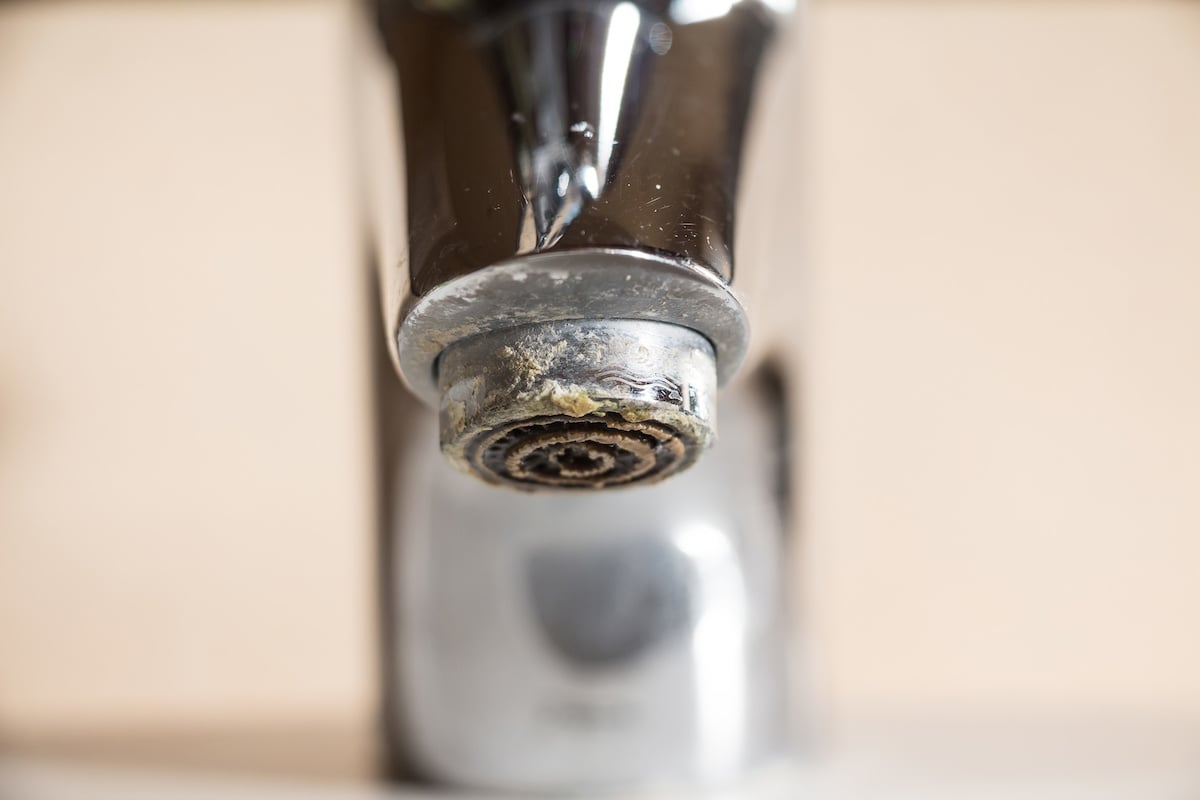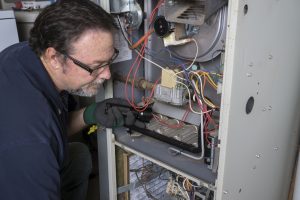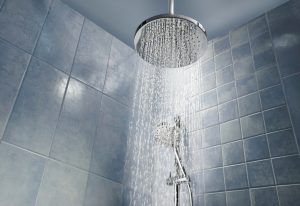6 Signs to Call for Repairs for Your Water Heater
 You don’t want your home’s water heater to fail. There’s never a good time for this to happen. But you can help prevent a surprise water heater breakdown if you watch for warning signs the unit needs repairs. Not all water heater failures give off signs they’re headed for trouble, but most do.
You don’t want your home’s water heater to fail. There’s never a good time for this to happen. But you can help prevent a surprise water heater breakdown if you watch for warning signs the unit needs repairs. Not all water heater failures give off signs they’re headed for trouble, but most do.
Our plumbers are the experts when it comes to water heaters in Surprise, AZ. Below they’ve listed six common warning signs of a water heater in distress. Call them to examine your water heater if you notice any of them.
#1. Water temperature fluctuates
When you turn on a hot water faucet or showerhead, do you feel uncertain about how warm the water will be? This is a warning people often ignore; they think this sort of temperature fluctuation is something to expect. But a water heater should deliver the temperature listed on its aquastat (thermostat). Have a technician look at the unit as soon as you can arrange the service.
#2. Discolored hot water
When you notice a reddish-brown color in the hot water, check to see if other hot taps are experiencing the same issue. If they are, it probably means a sediment build-up in the tank that a professional can fix through flushing the tank. It could also mean the tank is rusting and the water heater has reached the end of the line.
#3. Strange tank noises
The most common strange noise people hear from a water heater is a rumbling sound. Don’t panic if you hear this—the water heater isn’t “about to blow.” But it’s a source of concern because it can mean overheating water or a layer of sediment along the bottom of the tank restricting proper heating. A popping or crackling noise is another sound that should prompt an immediate repair call.
#4. Loss of hot water volume
Are people in your home complaining that they need to get up earlier and earlier to get a shower before the hot water runs out? This is a flashing warning that the water heater is struggling to maintain the normal hot water volume. Several problems could lurk behind this. If you use an electric water heater, loss of hot water often means a heating element in the tank has burned out.
#5. Leaks
Never ignore water heater leaks. The only place where water should escape from the tank is a few drops through the pressure relief valve. Anywhere else, from connection points to the tank itself, requires speedy attention.
#6. Corrosion
Water heaters resist corrosion for most of their service lives. If you notice corrosion on the connection points or the heat exchanger, a repair technician may be able to fix it. But corrosion on the tank tends to mean the water heater must be replaced.
For an extremely old water heater, repairs may not be worth the money. In these cases, you’re better off arranging for a new water heater installation with our team.
The Trusted Plumber is the contractor to call for water heater services. Schedule the repairs you need.
This post first appeared on https://www.thetrustedplumber.com





 We know, why would your local HVAC contractor be giving you tips to avoid furnace repair? Isn’t that how we make our money?
We know, why would your local HVAC contractor be giving you tips to avoid furnace repair? Isn’t that how we make our money? What if someone offered you a million dollars to get rid of your heat pump water heater? Would you do it? Of course not! Your heat pump is one of the most important components of your plumbing system, not to mention your comfort! So of course, when something goes wrong with it, it is definitely a cause for concern.
What if someone offered you a million dollars to get rid of your heat pump water heater? Would you do it? Of course not! Your heat pump is one of the most important components of your plumbing system, not to mention your comfort! So of course, when something goes wrong with it, it is definitely a cause for concern.
 Do your friends or neighbors ever mention their sump pump after a downpour? They might proclaim that if it weren’t for this device, they would be ankle-deep in water—and up to their neck in water damage repair bills. Learn more about sump pumps here to help you decide if you need one.
Do your friends or neighbors ever mention their sump pump after a downpour? They might proclaim that if it weren’t for this device, they would be ankle-deep in water—and up to their neck in water damage repair bills. Learn more about sump pumps here to help you decide if you need one.